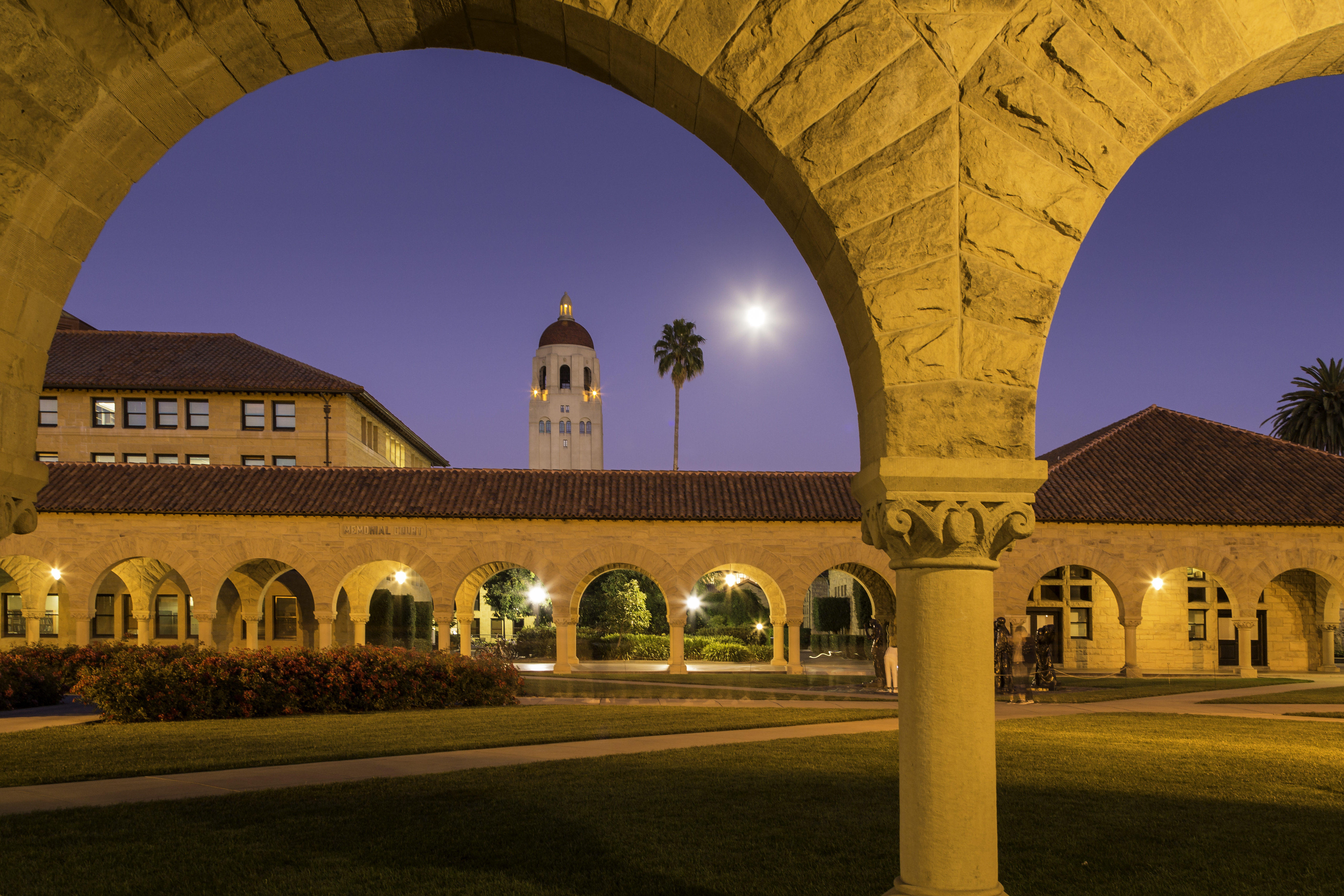Since the Honor Code took effect in 1921, Stanford has expected students to report one another’s alleged cheating during exams, thus keeping instructors (i.e. professors and TAs) from proctoring exams.
This century-long policy changed last May following the work of the Committee of 12 (C12), which resulted in updated Honor Code language that made academic integrity “a community undertaking that requires students and instructors to work together to ensure conditions that support academic integrity.”
In addition to the updated Honor Code language, the C12 approved the commission of a multi-year study to assess the merits of exam proctoring and examine broader academic integrity concerns (e.g., mental health on campus, pressures to succeed). The aim of this study is to serve as the basis for future University academic integrity policies.
The committee tasked to lead this study — namely, the Academic Integrity Working Group (AIWG) — is being selected as we speak. It will be composed of four students, four faculty, one administrator from the Office of Community Standards and another from the Office of the General Counsel.
Associated Students of Stanford University (ASSU) leaders have been tasked to nominate the student members of the AIWG, with the Vice Provost of Student Affairs (VPSA) nominating its administrators and the Faculty Senate doing the same for its faculty.
But unlike the ASSU, the Faculty Senate and the VPSA have approached this nomination process with zero transparency. Across all of its meetings this quarter, the Faculty Senate devoted no public discussion to its AIWG nominees. The VPSA has also failed to publicly discuss the AIWG’s administrative nominees.
Nothing excuses the Faculty Senate and VPSA from openly addressing this matter. I expect better from the Faculty Senate, which has the University president, provost and the deans of its seven schools sit in on its meetings. I expect better from VPSA, which reports directly to the provost.
Due to the significance of AIWG’s work — particularly its implications on academic integrity, mental health and OAE accommodations — the lack of transparency concerning the nomination of its faculty and administrator members breeds mistrust among students. Secrecy causes students to speculate, despite having little basis, about the intentions of faculty and administrators.
A potential us-versus-them mentality and the negative perceptions surrounding the process could easily be avoided if the Faculty Senate and VPSA were more open with students about how it chooses its nominees.
Stanford students already maintain a level of mistrust towards the faculty and administration. The Faculty Senate previously threatened to unilaterally impose proctoring in a full circumvention of the ASSU Undergraduate Senate’s (UGS) opposition to proctoring. Senators Gurmenjit Bahia ’24 and Kyle Becerra ’24 described this as “a disregard for undergraduate student voices” and “the democratic process.”
Senator Amira Dehmani ’24 described the relationship of trust between them and faculty as “completely broken.” Students’ lack of trust in the University has been a long-standing issue. The lack of transparency at this stage therefore only serves to exacerbate these sentiments.
I believe that the Faculty Senate and VPSA should look to the ASSU on how to transparently conduct the AIWG nomination process. The ASSU has evaluated its AIWG nominees in detail, discussing their qualifications and experiences in public meetings. The UGS and Graduate Student Council (GSC) introduced the nominees in one meeting and voted to confirm them at their next meeting. The Faculty Senate and VPSA could follow the ASSU’s lead in adopting this approach, and this effort would certainly go a long way to rebuild trust between students and faculty and administration.
In order for students to trust the University again, I believe that students deserve more transparency. The ongoing presidential search process should take that seriously. The University addressing athletic accommodations as it moves to the Atlantic Coast Conference (ACC) should take that seriously. Graduate students, in their fight for a more affordable Stanford, deserve to know about the decisions being made in their name. The AIWG nomination process is no exception to this. The glaring lack of transparency over this only serves to erode students’ faith in the University. The burden to remedy this, I believe, rests entirely in the hands of the Faculty Senate and VPSA.
